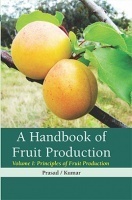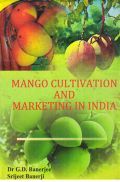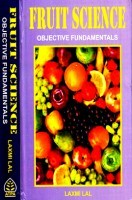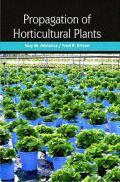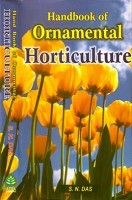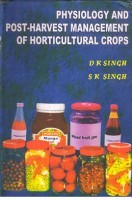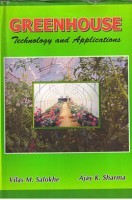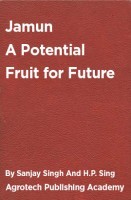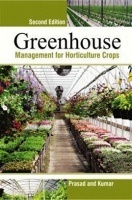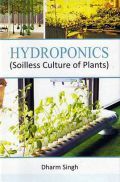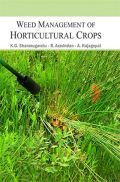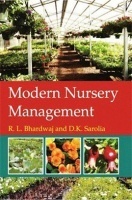Now horticultural practices have drawn attention of a large section of scientists and planners at the global level. In the fast developing world, every day there is an addition and literature on new cultivars, and farming techniques, new cultivars, new crops, new products and new equipments. By studying the principles of horticulture, one is able to learn how and why plants grow and develop. A horticulturist requires, effects of responses of plants to various abiotic and biotic conditions. The present book is an attempt to provide overall information to the readers interested in various fundamentals and applied of horticulture.
This book Useful for Horticulture.
1. History, Nature and Scope of Horticulture
2. Divisions of Horticulture
3. Classifying and Naming Horticultural Plants
4. Climate and Weather
5. Soils Environment and Plant Growth
6. Plant Water Relations and Management
7. Growth and Development of Horticultural Crops: A Physiological Approach
8. Stress Physiology of Horticultural Crops
9. Mineral Nutrition and the Inorganic Fertilizer Support
10. Manures and Biofertilizers for Horticultural Crops
11. Methods of Cultivation
12. Methods of Irrigation
13. Soilless Production of Horticultural Crops (Water, Sand and Gravel Culture)
14. Greenhouse Construction and Related Equipments
15. Plant Growth Substances (Physiological, Molecular and Agricultural Aspects)
16. Plant Growth Regulators: Methods of Application and Evaluation of Responses
17. Weed Management: Principles and Practices
18. Mulches
19. Diseases of Horticultural Crops
20. Management of Pests and Soil Organisms
21. Synseeds or Synthetic Seeds
Appendix
Glossary







